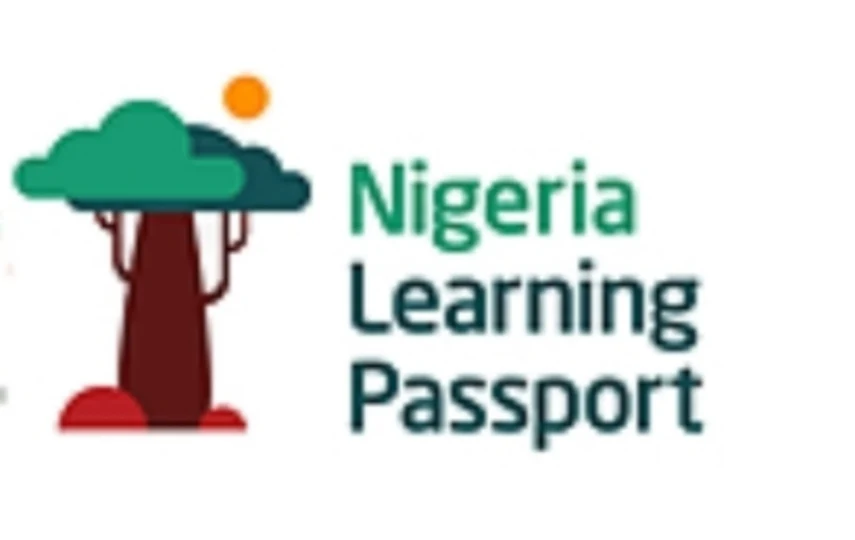Education in Plateau State has recorded a major breakthrough with the official launch of the Nigeria Learning Passport. The event was held at the Twin Theatre Government House in Jos, drawing key stakeholders in the education sector.
Governor Caleb Mutfwang, while speaking at the launch, stressed the importance of extending the project to all communities, especially rural areas where digital learning opportunities remain scarce.
“I’d like to ask the Ministry of Education, let’s come up with a national plan for how to digitalize education across all the sectors,” the governor said.
He further directed the Ministry of Education to design a three-year plan that will ensure full digital integration in schools across Plateau State. According to him, collaborations with telecom operators are already underway to expand broadband access through fibre optic installations that will support digital learning.
A UNICEF representative explained that over two million children in Plateau State now have access to the Nigeria Learning Passport, both online and offline.
“This moment reflects our shared dedication to revolutionising the education sector and ensuring that every child in Plateau State has access to quality and inclusive education,” the representative stated.
The Commissioner for Education and the NUT Chairman also expressed commitment to sustaining the initiative, emphasizing that technology must be integrated into every classroom. They highlighted that digital literacy is no longer optional but necessary, as it equips teachers with modern tools to improve learning, engage students, and prepare them for a technology-driven future.
They added that this transformation will benefit not just today’s learners but also future generations.
The high point of the launch was the symbolic presentation of routers to 50 schools, signifying the official rollout of the Nigeria Learning Passport across Plateau State.
Stakeholders at the event described the initiative as a game changer that will bridge the digital divide, improve access to education, and create opportunities for young people in Plateau State to compete in a global digital economy.
By linking technology with education, the Nigeria Learning Passport is expected to boost e-learning, strengthen digital skills, and ensure that more children gain access to quality learning resources regardless of their location.

